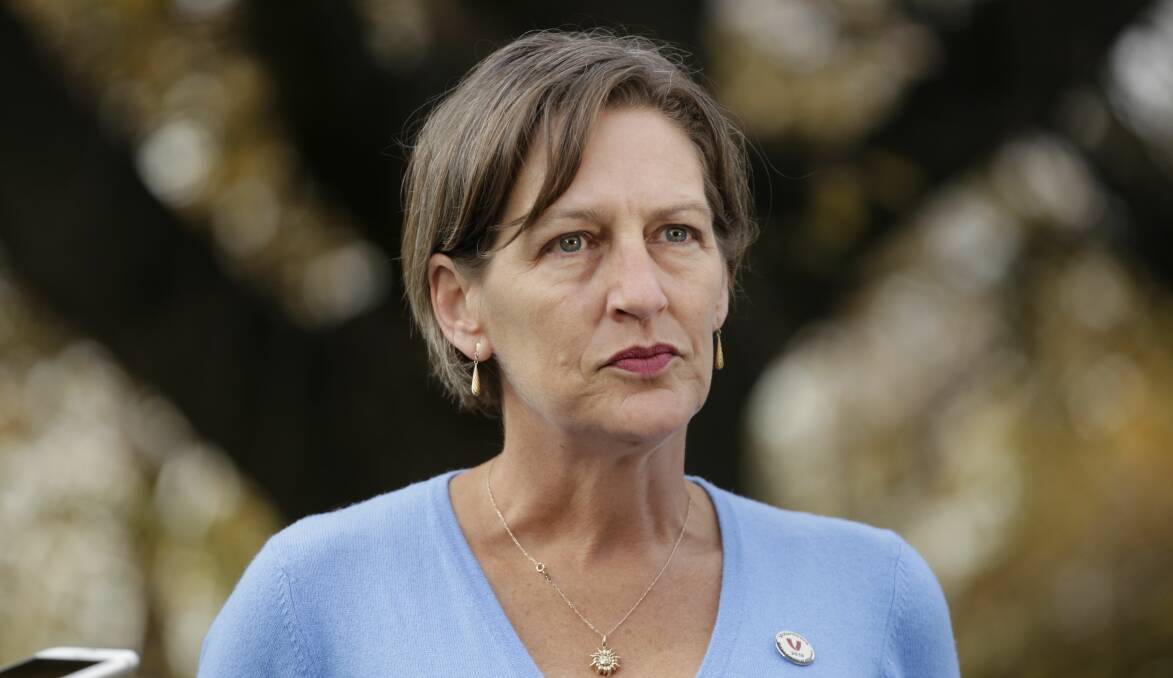
An effort to remove a requirement for a doctor to put a timeframe on a person's death before they access voluntary assisted dying has been quashed in Tasmania's lower house.
Subscribe now for unlimited access.
or signup to continue reading
VAD laws are being debated in the House of Assembly this week, after a bill brought forward by independent Mersey MLC Mike Gaffney was unanimously voted through the Legislative Council in November, having been heavily amended.
The legislation is expected to pass the lower house, after a majority of MHAs expressed their support for it late last year.
IN OTHER NEWS:
If the laws were, indeed, to pass the State Parliament, Tasmania would become the third jurisdiction in Australia to introduce voluntary assisted dying, after Victoria and Western Australia.
Yesterday, Greens leader Cassy O'Connor moved an amendment to remove from the End-of-Life Choices (Voluntary Assisted Dying) Bill the requirement for prognostic timeframes.
These require people eligible to access voluntary assisted dying to have been given a six-month timeframe for their death, or a 12-month timeframe if their disease is neurodegenerative.
"There's an understanding in this house that prognostic timeframes are potentially problematic," Ms O'Connor said.
But the Greens leader's amendment ultimately did not garner the requisite support and was defeated.
Braddon Labor MHA Shane Broad said he feared that removing the requirement would see the bill torpedoed upon its likely return to the upper house for approval.
"I'm surprised that this amendment has been moved to be honest," Dr Broad said. "Because I think this is a point where support for the bill could change."
RELATED:
Bass Liberal MHA Sarah Courtney, who has carriage of Mr Gaffney's bill in the lower house, said she couldn't support the amendment either, describing it as "a very substantial change".
"I think that ... with an amendment such as this, there needs to be a lot more ... engagement done with the community before I would contemplate supporting an amendment such as this," she said.
But Ms O'Connor's Greens colleague, Franklin MHA Rosalie Woodruff, said the timeframes in the bill were "arbitrary" and "not based on evidence".
"It may well be that the process of applying and spending the time applying for voluntary assisted dying is going to catch up with people and mean that they're not able to access voluntary assisted dying," she said. "We don't want the over-optimistic estimates of doctors to mean that people miss out."
Dr Woodruff subsequently attempted to move an amendment of her own, which sought to introduce a blanket prognostic timeframe of 12 months. This, too, was defeated.
Debate on the bill continues.
What do you think? Send us a letter to the editor:














